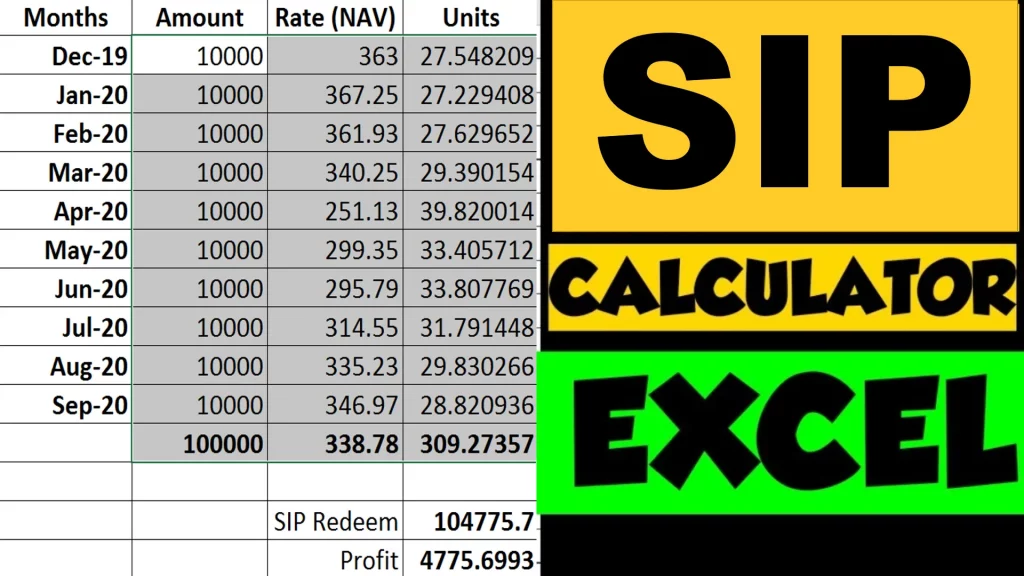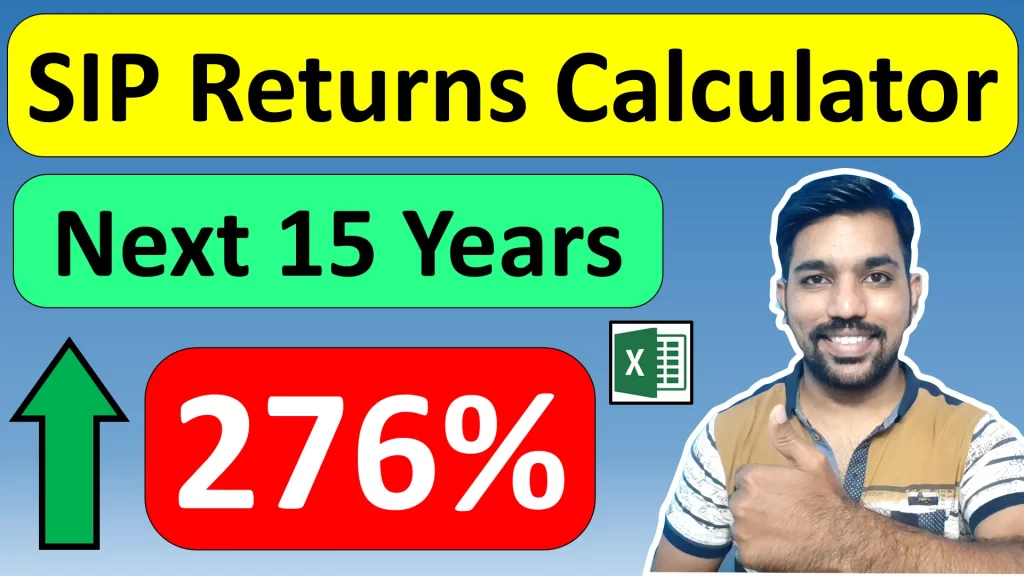An Asset Allocation Fund is a type of mutual fund that invests across multiple asset classes—such as equity, debt, gold, and sometimes real estate—to balance risk and optimize returns. These funds dynamically or statically adjust allocations based on market conditions or predefined rules. When any of the asset class is expected to provide better returns, the allocation in that asset class will be increased and vice versa. Balanced funds are the most common type of asset allocation fund with at least 65% of investments in equities to get better returns as equities gives us high rewards in long term.
Let us understand more about Asset Allocation Fund in detail.
What is Asset Allocation Fund?
- Asset Allocation Fund is a type of mutual fund that invest in multiple asset classes such as equities, bonds, debt instruments, gold, real estate properties, etc.
- These funds mainly focus on providing a balance between equities and debt instruments so that you get better returns with managed risks
- Balanced funds are the common type of Asset Allocation Fund with at least 65% allocation in equities. It provides good returns compared to other Debt mutual funds
- If any of the asset is expected to provide better returns in upcoming quarters, the allocation to that asset will be increased and vice versa
- Asset Allocation fund are best suited for risk averse investors who want to take low risk with decent returns
How Asset Allocation Fund Works?
The working of Asset Allocation Fund is quite simple:
- Every Asset Allocation Fund is assigned a fund manager that is responsible to select the asset class to invest in
- The fund manager select the assets based on expected returns and the underlying rules of the fund for which it is known for
- If the fund is aggressive to get better returns, than more allocation is done in equities
- Otherwise if the fund is expected to keep the capital of investors safe, more allocation is done in the debt instruments
- Based on the demand of the asset allocation and their expected returns in future, the allocation to various assets will be updated by fund manager, in order to get returns and balance risk with the capital of investors
- Hybrid Mutual Funds can be a subset of Asset Allocation Fund since hybrid funds also invest in a mix of equity and debt instruments
Types of Asset Allocation Funds
| Type | Description | Flexibility | Ideal For |
| Dynamic Asset Allocation | Adjusts allocation based on market trends and expected returns | High | Active investors, market-aware |
| Static Asset Allocation | Follows fixed allocation rules regardless of market conditions | Low | Conservative, long-term holders |
| Multi Asset Allocation | Invests in at least 3 asset classes (e.g., equity, debt, gold) | Moderate | Diversification seekers |
| Balanced Advantage Funds | Hybrid funds with dynamic equity-debt mix | High | Risk-moderate investors |
Love Reading Books? Here are some of the Best Books you can Read: (WITH LINKS)
Benefits of Asset Allocation Fund
| Benefit | Explanation |
| Diversification | Exposure to multiple asset classes reduces risk |
| Better Risk-Adjusted Returns | Balanced mix can outperform pure equity or debt funds over time |
| Flexibility | Dynamic funds adapt to changing market conditions |
| Simplicity | One fund gives access to multiple asset classes |
| Tax Efficiency | Equity-heavy funds offer better LTCG treatment |
ALSO READ: Rs. 1000 Mutual Fund Returns Calculation
Limitations
Below are some limitations of Asset Allocation Funds:
- Over Diversification:
If you are already investing in couple of mutual funds, you might over diversify your portfolio by investing again in Asset Allocation Funds which should be avoided - Tax Structure:
During redemption, you need to pay tax on profits made in Asset Allocation Funds based on short term or long term capital gains - Low Returns than Equity Funds:
The returns provided by Asset Allocation Funds are lower than most of the Equity mutual funds which purely invest in equities to get better returns. Over long term of 5 to 7 years, equity mutual funds give better returns
ALSO READ: All Types of Mutual Funds in India
Taxation for Asset Allocation Funds
As far as Tax on Asset Allocation Funds are concerned
- If equity portion is less than 35% in the mutual fund, the profits (Short term and Long term) made will be added to your income and taxed as per income tax slab rates
- If equity portion is between 35% to 65%, the STCG will be taxed after adding profits in your income and LTCG will be taxed at 20% rate with indexation benefit
- And if equity portion is more than 65%, STCG will be taxed at 20% rate and LTCG will be taxed at 12.5% for profits above Rs. 1.25 Lakh in Financial year
Who Should Invest in Asset Allocation Fund?
- Beginners seeking diversification
- Investors with moderate risk appetite
- Retirees wanting capital protection with growth
- Passive investors preferring auto-rebalancing
Conclusion
So Asset Allocation Funds helps you to diversify your investment portfolio while investing in multiple asset classes. It provide you the benefit of diversification and investing in debt, gold, real estate, etc. apart from investing in equities.
Asset Allocation Funds are best suited for risk averse investors, who want to take low risk and get better returns on their investments.
Some more Reading:
- What is Fund of Funds Mutual Fund
- How to Build Ideal Portfolio of Mutual Funds
- What are Index Funds with examples
Frequently Asked Questions (FAQs)
1. What is the difference between asset allocation and hybrid funds?
Hybrid funds typically invest in equity and debt. Asset allocation funds may include gold, real estate, and dynamically adjust allocations.
2. Are asset allocation funds safe?
They are relatively safer than pure equity funds due to diversification, but not risk-free.
3. What is the minimum investment in these funds?
Usually ₹500 to ₹5,000 depending on the AMC.
4. Can I invest via SIP?
Yes. SIPs are available for most asset allocation funds.
5. How are returns compared to equity funds?
Returns are lower than pure equity funds but more stable across market cycles.
6. What is a multi asset allocation fund?
A fund that invests in at least three asset classes—typically equity, debt, and gold.
7. How do I choose the right asset allocation fund?
Look at fund strategy, past performance, expense ratio, and your risk profile.
8. Are these funds suitable for retirement planning?
Yes. Conservative asset allocation funds can offer stability and moderate growth.
Save Home Loan Interest Amount!
Use Home Loan Excel Calculator that will help you to Save Interest Amount on Home Loan EMI.
Click below button to download Home Loan EMI and Prepayment Calculator in Excel:
Watch how Home Loan Calculator in Excel Works
Income Tax Calculator App – FinCalC
For Income Tax Calculation on your mobile device, you can Download my Android App “FinCalC” which I have developed for you to make your income tax calculation easy.
What you can do with this mobile App?
- Calculate Income Tax for FY 2025-26 and previous FY 2024-25
- Enter estimated Investments to check income tax with Old and New Tax Regime
- Save income tax details and track regularly
- Know how much to invest more to save income tax
- More calculators including PPF, SIP returns, Savings account interest and lot more

Use Popular Calculators:
- Income Tax Calculator
- Home Loan EMI Calculator
- SIP Calculator
- PPF Calculator
- HRA Calculator
- Step up SIP Calculator
- Savings Account Interest Calculator
- Lump sum Calculator
- FD Calculator
- RD Calculator
- Car Loan EMI Calculator
- Bike Loan EMI Calculator
- Sukanya Samriddhi Calculator
- Provident Fund Calculator
- Senior Citizen Savings Calculator
- NSC Calculator
- Monthly Income Scheme Calculator
- Mahila Samman Savings Calculator
- Systematic Withdrawal Calculator
- CAGR Calculator
I’d love to hear from you if you have any queries about Personal Finance and Money Management.
JOIN Telegram Group and stay updated with latest Personal Finance News and Topics.
Download our Free Android App – FinCalC to Calculate Income Tax and Interest on various small Saving Schemes in India including PPF, NSC, SIP and lot more.
Follow the Blog and Subscribe to YouTube Channel to stay updated about Personal Finance and Money Management topics.









